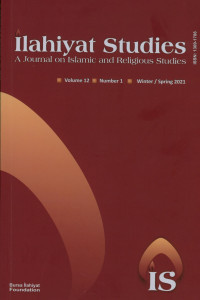Domestic Violence and the Islamic Tradition, by Ayesha S. Chaudhry
Domestic Violence and the Islamic Tradition, by Ayesha S. Chaudhry
First Paragraph: This work is simultaneously ambitious and yet extremely narrow. That is both its strength and its flaw. The book’s strengths are the vast number of sources the author incorporates in her research. The book’s flaws result from the extremely narrow focus of the author’s attention in using those sources. The excessively narrow focus of the author’s attention results in reductionist interpretations of her data in a way that undermines the categorical nature of her conclusions. Ironically, and despite the avowedly normative motivations underlying her book, the author is surprisingly reticent about her own hermeneutic position with respect to the critical question of the book: How should we understand Qurʾān 4:34, sometimes referred to as the “beating verse.” The author also occasionally misreads some of her primary texts, resulting in some serious errors. These errors, which, while not necessarily undermining her overall thesis, detract from the book’s overall credibility. Finally, readers could take issue with some aspects of the author’s methodology, which require deeper consideration.
Keywords:
Domestic Violence, the Islamic Tradition Ayesha S. Chaudhry,
- ISSN: 1309-1786
- Başlangıç: 2010
- Yayıncı: Bursa İlahiyat Vakfı
Sayıdaki Diğer Makaleler
Remembering Fuat Sezgin: An Obituary
Bridging Pastoral Psychology and Positive Psychology
Mehmet KALAYCI, Muhammet Emin EREN
A Ḥadīth and Its Indication Problem within the Context of Relationship between Faith and Deeds
Domestic Violence and the Islamic Tradition, by Ayesha S. Chaudhry
